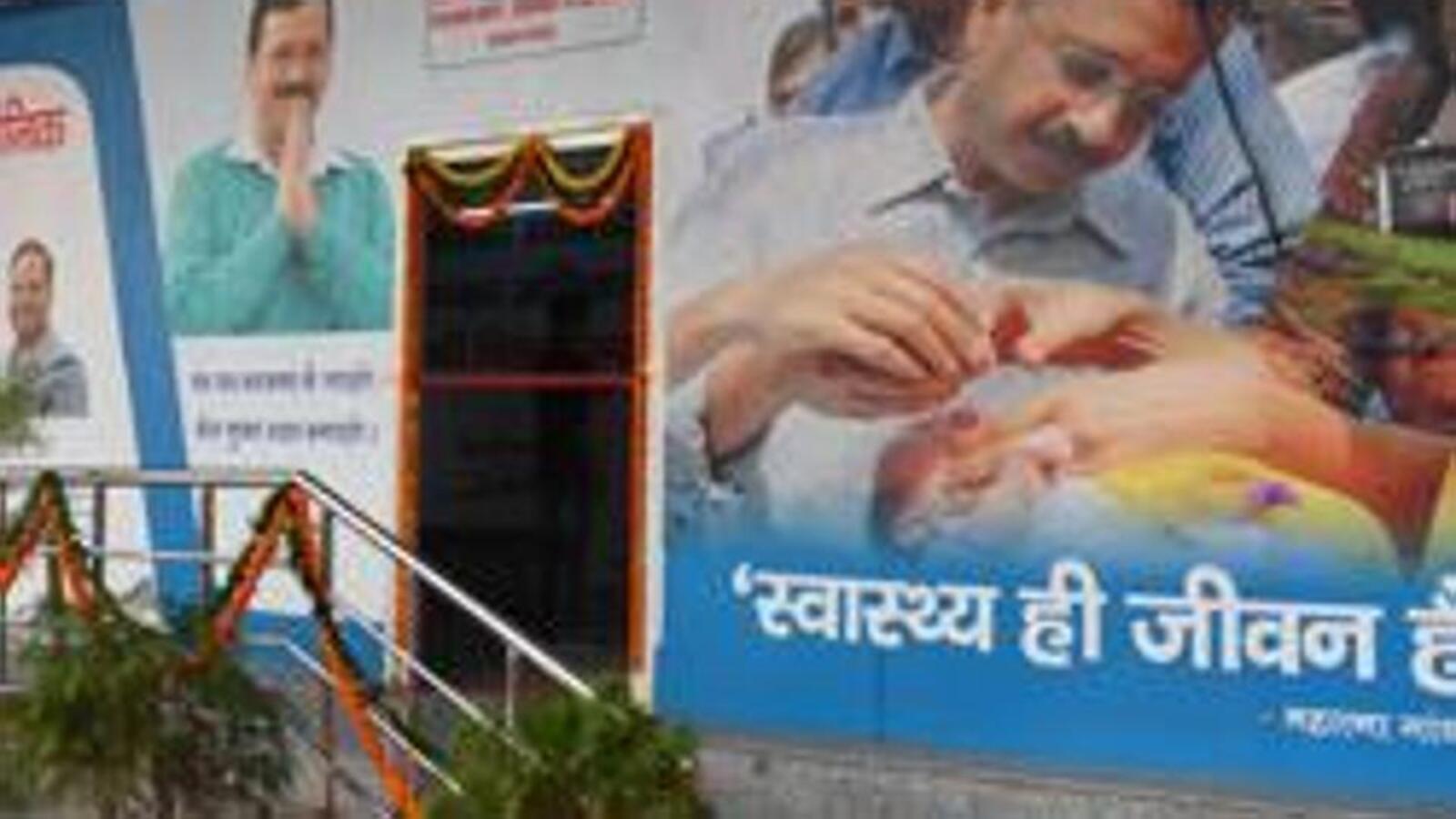The Delhi government will on Saturday sign a Memorandum of Understanding (MoU) with the Union ministry of health and family welfare to implement the Ayushman Bharat Pradhan Mantri Jan Arogya Yojana (AB-PMJAY) in the national capital, announced the Union health ministry.

The MoU will be signed between the Delhi government and the National Health Authority, the nodal agency responsible for implementing the Ayushman Bharat scheme across the country.
With this move, Delhi will become the 35th state or Union territory to adopt the scheme, which provides free health coverage of ₹5 lakh per family per year for secondary and tertiary hospital care to economically weaker sections of society.
Saturday’s event will be attended by Delhi chief minister Rekha Gupta and Union health minister JP Nadda, according to a government communique.
On Friday, CM Gupta held a Cabinet meeting over the implementation of the scheme.
“Under this agreement, millions of families in Delhi will receive health benefits of up to ₹5 lakh from the central government. Additionally, the Delhi government will provide an extra top-up of ₹5 lakh. The state and central governments will work together for the effective implementation of the scheme,” the CM said after the meeting, adding that a special campaign will also be launched to connect the people of Delhi with this initiative.
Once implemented in Delhi, the scheme will cover 1,961 medical procedures, including medications, medical equipment, testing services, consultation fee, hospitalisation charges, ICU treatment, and surgeries. Additionally, 46 private hospitals, 34 Delhi government hospitals, and 11 central government hospitals have already been empaneled under this scheme, the CM said.
The implementation of AB-PMJAY was a key election promise made by the Bharatiya Janata Party (BJP) in the recent Delhi Assembly polls, which the party swept. The previous Aam Aadmi Party (AAP) government had repeatedly rejected the scheme, opting instead to push its own initiatives such as the Delhi Arogya Kosh, the Farishtey scheme, and the network of Mohalla Clinics that offered primary health services in local neighbourhoods. These schemes are now likely to be merged with AB-PMJAY, officials aware of the matter said. However, an official confirmation is awaited.
The BJP had included AB-PMJAY in its first cabinet meeting after Rekha Gupta assumed office. During her first budget speech earlier this month, Gupta announced that the Delhi government would not only implement the scheme but also provide an additional top-up of ₹5 lakh to every eligible family. This would take the total annual insurance coverage to ₹10 lakh per family.
Last year, the Centre had expanded the scope of the scheme to include all senior citizens aged 70 and above, regardless of their income or socioeconomic background. They are now entitled to free medical treatment up to ₹5 lakh a year under the scheme.
Delhi’s additional contribution will double that coverage for eligible beneficiaries in the city.
As part of its plan to strengthen public health care delivery under Ayushman Bharat, the Delhi government will also roll out Ayushman Arogya Mandirs under the Ayushman Bharat Health Infrastructure Mission. These facilities, set to complement the existing Mohalla Clinics, will provide general outpatient services along with a wider range of healthcare offerings.
According to officials, 123 such Aarogya Mandirs are expected to become operational in the 2025-26 financial year. On April 2, HT had reported that the first of these Arogya Mandirs are expected to roll out by mid-April.
In addition to providing treatment for common ailments, the centres will offer maternal and neonatal care, emergency services, geriatric care, management of communicable and non-communicable diseases including tuberculosis, and palliative care services.
With inputs from Alok KN Mishra










